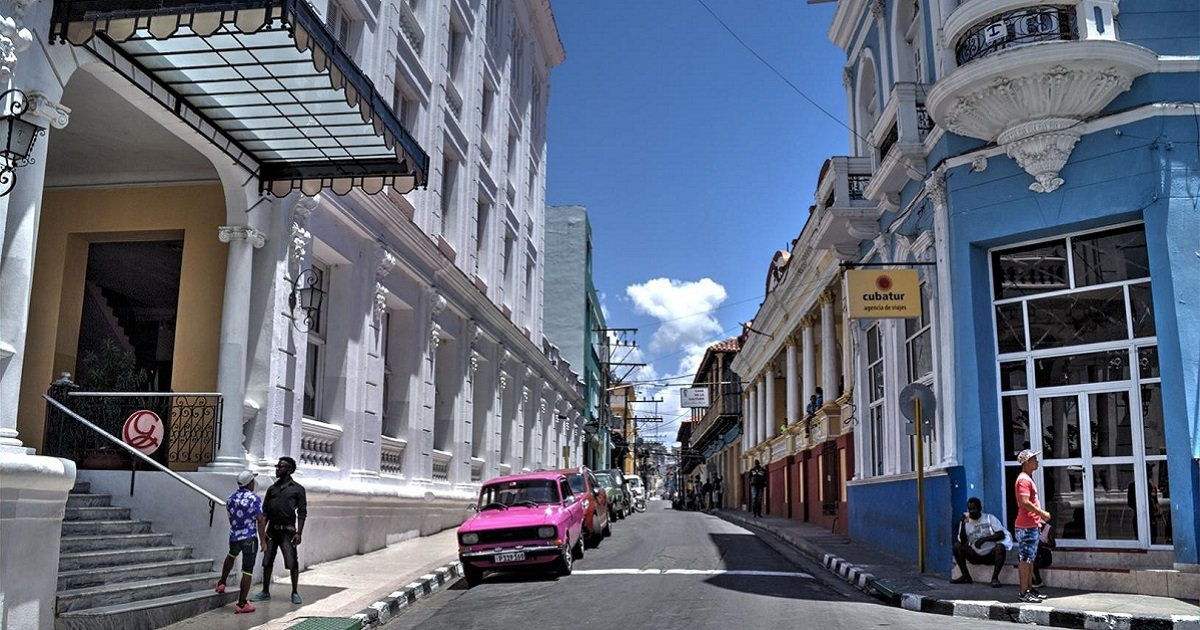
The authorities of Santiago de Cuba ordered the lifting of the restrictions to stop the spread of the coronavirus that were imposed months ago.
The sustained decrease in active cases of the disease, mainly since the end of September, as well as the progress of the vaccination process, with more than 70 percent of the population immunized, led the provincial government to end the limitations on circulation and reopening public and private services.
The temporary working group to confront the pandemic in the territory adopted new measures that will come into force on October 20, although the hygienic and sanitary measures to prevent the virus will be maintained, reported Cubadebate.
From that day on People can be on the street at any time.
In addition, time limitations for public and private transportation are lifted, intermunicipal passenger transportation is reestablished, and health checkpoints on roads are eliminated.
In the means of transport, the correct use of the mask will continue to be required and in the case of trips between municipalities, the disinfection of hands before boarding the bus and the limitation of the capacity to 50% for those traveling standing.
Access to beaches and swimming pools is authorized, the latter with capacity up to 50%, as well as all cultural institutions such as museums, cinemas, concert halls, libraries and theaters.
Gyms and beauty centers, both state and private, will also open their doors, subject to Public Health certification and with limitations of up to 50% of the premises' capacity.
Obituary services maintain regulations, such as prohibiting wakes in homes and reducing time in funeral homes. Those who died from coronavirus will only be kept awake for two hours and the rest for four hours, always with the limitation of 50% of the capacity of the chapels.
The offices that provide legal, banking, commercial, gastronomic and other services resume their usual hours.
Likewise, all Freely Convertible Currency (MLC) stores will open from 9:00 a.m. until 7:00 p.m., Monday to Saturday, and on Sundays from 9:00 a.m. until 2:00 p.m. When high-demand products are offered, the hours will be extended until 10:00 p.m.
State and private gastronomy will provide services with capacity limits of up to 50%. In all cases, its opening and the conditions for customer service will be set by Public Health.
In workplaces, administrations must continue to promote remote work and require compliance with protective measures.
Experts predict a progressive reduction in infections, deaths and serious patients, thanks to the fact that more than 70% of the Santiago population has been vaccinated and the measures applied during the last and strongest outbreak of the pandemic.
In September the province began relax health measures with the gradual opening of essential services such as transportation, commerce and gastronomy, although others such as hairdressers and barbershops, banks, courts, beaches, swimming pools, nightclubs and recreational parks remained closed.
A month before Santiago de Cuba authorities agreed to close the province, taking into account the tense health situation not only in it but in the neighboring territories.
What do you think?
COMMENTFiled in: